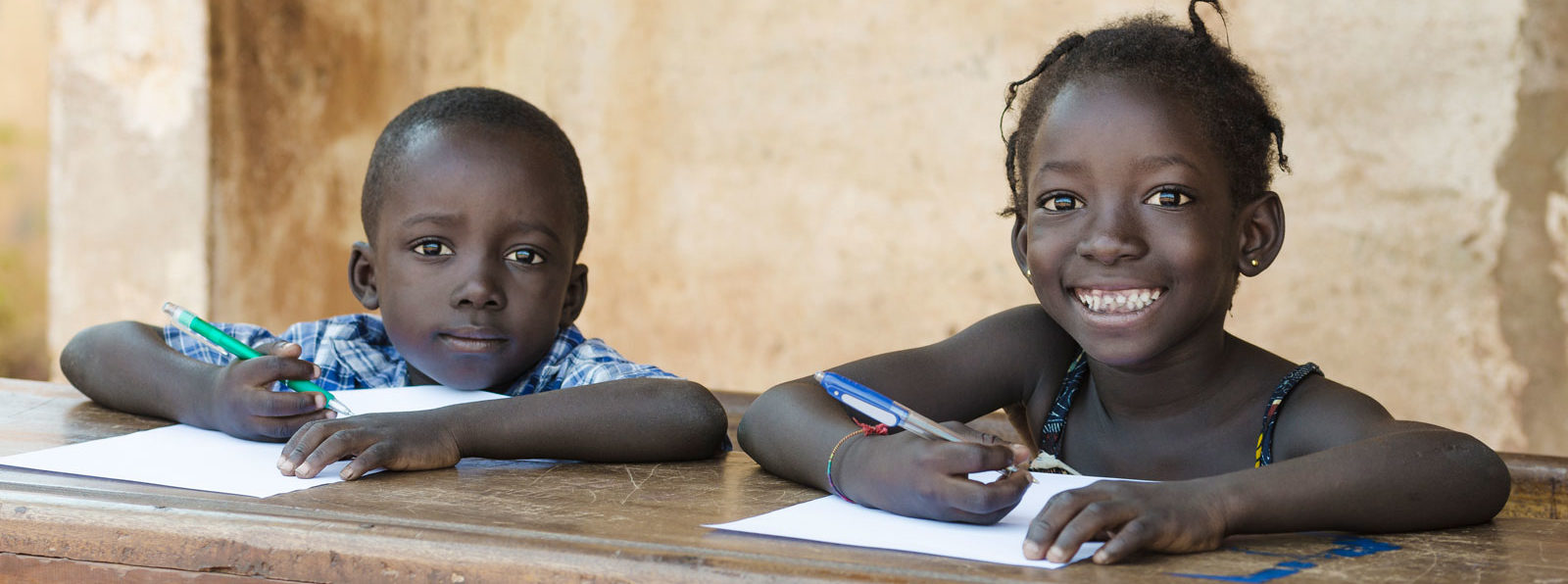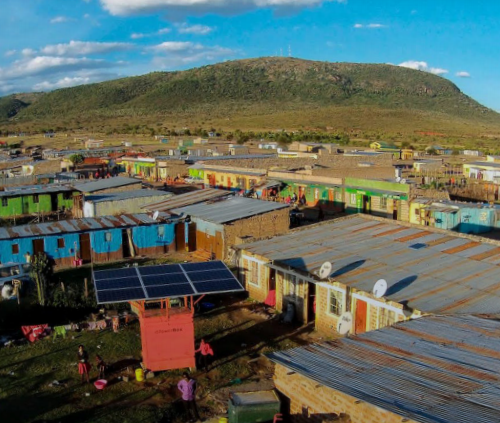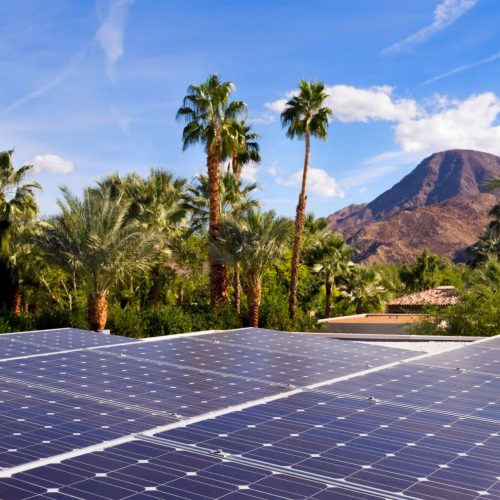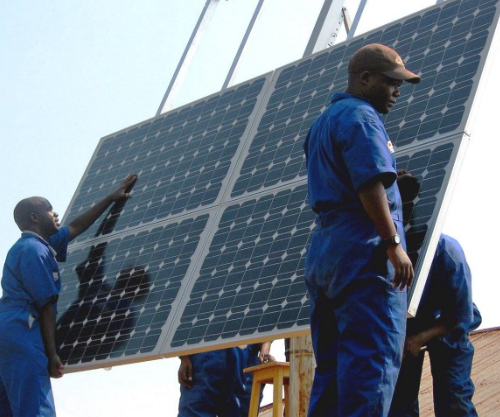Kendall Ernst describes how low- and medium-income (LMI) households rarely can afford to invest in distributed energy resources, and how RMI's e-Lab Leap program is working to change that.

Energy Access
Access to energy, and especially clean, reliable, and equitable energy, is crucial for economic development. That’s why we’re focused on providing clean energy access for all in countries around the world, providing new opportunities for developing economies, and ensuring that the clean energy revolution underway in developed nations benefits all, not just some.

Lack of access to electricity leads to energy poverty. But by increasing energy access around the world, we can literally empower populations.
Access to energy is crucial for economic development. Over one billion people around the world live without access to electricity, impacting their health, education, and economic well-being. Access to affordable, reliable, and clean energy would greatly improve their quality of life. And in the U.S., the close to fifty million Americans living at or below the federal poverty line, along with other low-income communities and households, stand to benefit the most from clean energy, yet face the greatest barriers to its use.

Transitioning Island Nations to Clean, Affordable Electricity
The residents of island nations pay some of the highest electricity prices in the world because of their near-total dependence on imported diesel—perpetuating poverty, swelling national debts, and blocking sustainable development. Yet island nations enjoy some of the best conditions for wind and solar on the planet. RMI is helping facilitate the switch from diesel-generated electricity to renewable generation.
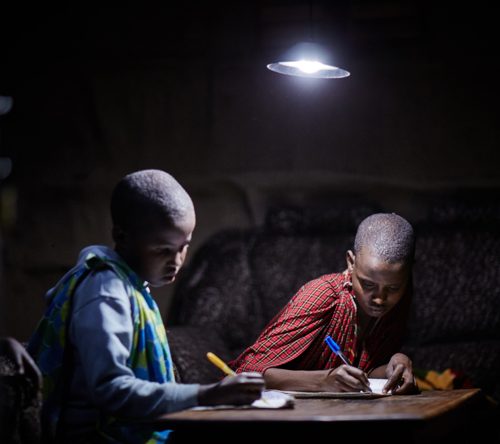
Providing Energy Access to the Unelectrified
Globally, 1.2 billion people live without access to electricity. Yet reliable electricity is crucial to education, health care, and economic development. That is why RMI is working in sub-Saharan Africa to help governments and the private sector provide clean and reliable energy access to those without electricity.
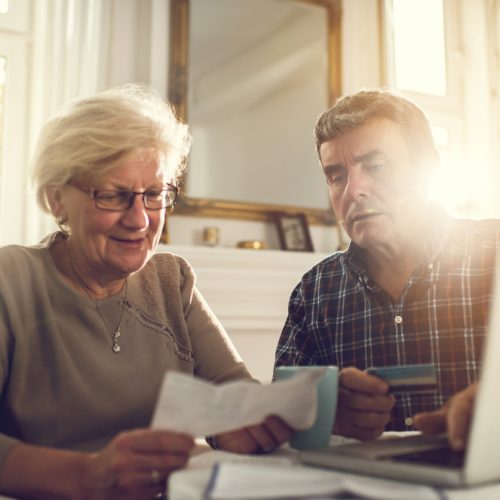
Keeping Energy Costs Low for Underserved Homeowners
Home energy upgrades can reduce rates of foreclosure and delinquency by over 30 percent through reduced energy bills. Our Finance the Future project, part of the Residential Energy+ initiative, is working to unlock opportunities for underserved customers through home energy upgrades. Energy upgrades provide safer and healthier homes, more affordable energy bills, and increased home value.
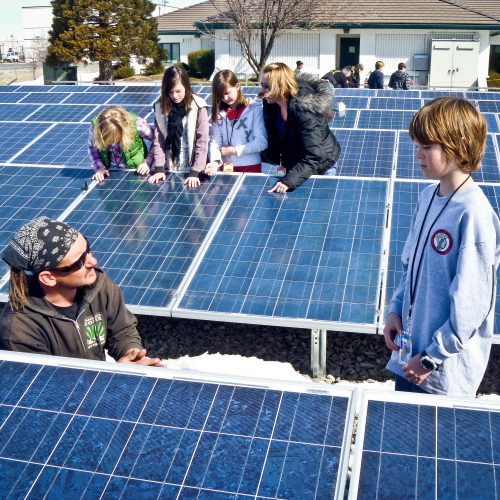
Low-Cost Community Solar
Millions of homes and businesses are being left out of the solar revolution—whether for reasons of financing, renting a home or apartment, lack of a suitable roof for solar, or other factors. Community-scale solar can change that. RMI’s Shine program focuses on unlocking this “sweet spot” in the U.S. clean-energy market, making solar energy affordable and accessible for all.
Who’s Joining us to Make a Difference
Virgin Unite Foundation, the entrepreneurial philanthropic arm of the Virgin Group, has generously supported our work to bring reliable, clean electricity to sub-Saharan Africa.


At Virgin Unite, we believe that RMI-CWR’s SEED Initiative has the potential to deliver major advances in both grid efficiency and the contribution of off-grid renewable energy. We’ve seen this achieved in Rwanda and are committed to supporting this effort to expand across the continent.
‐Jean Oelwang, President of Virgin Unite, Senior Partner of The B Team, RMI Trustee
Stories from the Field
RMI SEED team members Kelly Carlin and Claire Henly learned that providing sustainable, affordable electricity access in the developing world is fraught with challenges, and describe how the lessons they learned are cause for optimism and are applicable to other developing countries.
Our partners describe the real opportunity to accelerate affordable, reliable, and clean energy access to millions who currently lack access to electricity.
RMI's Stephen Doig and partners discuss how access to even a little bit of electricity can have an enormous effect on human well-being and economic development.
